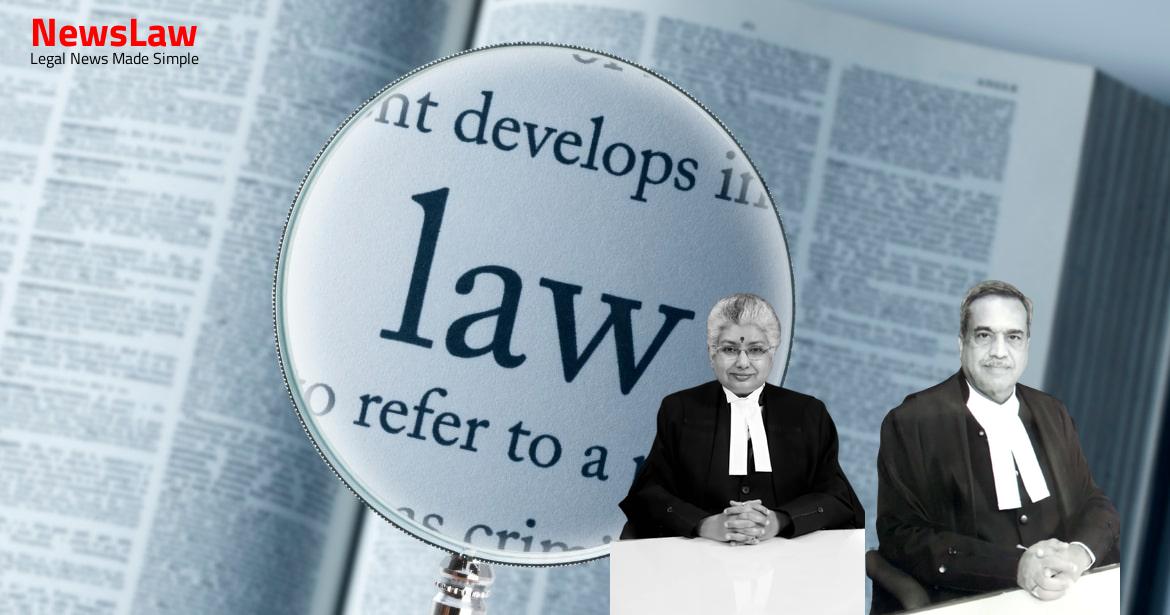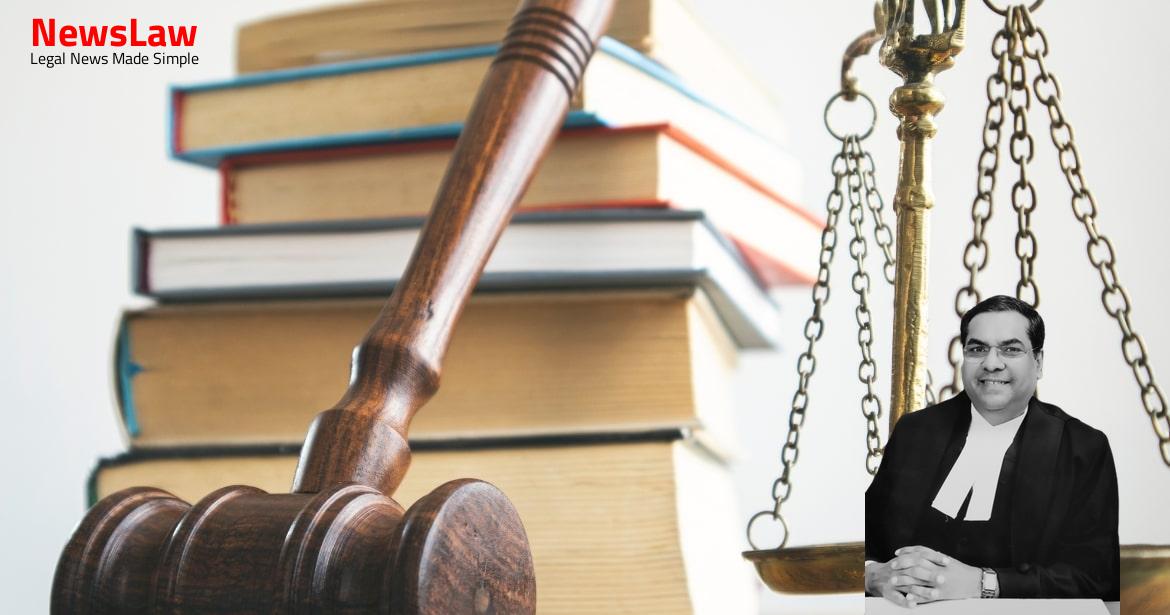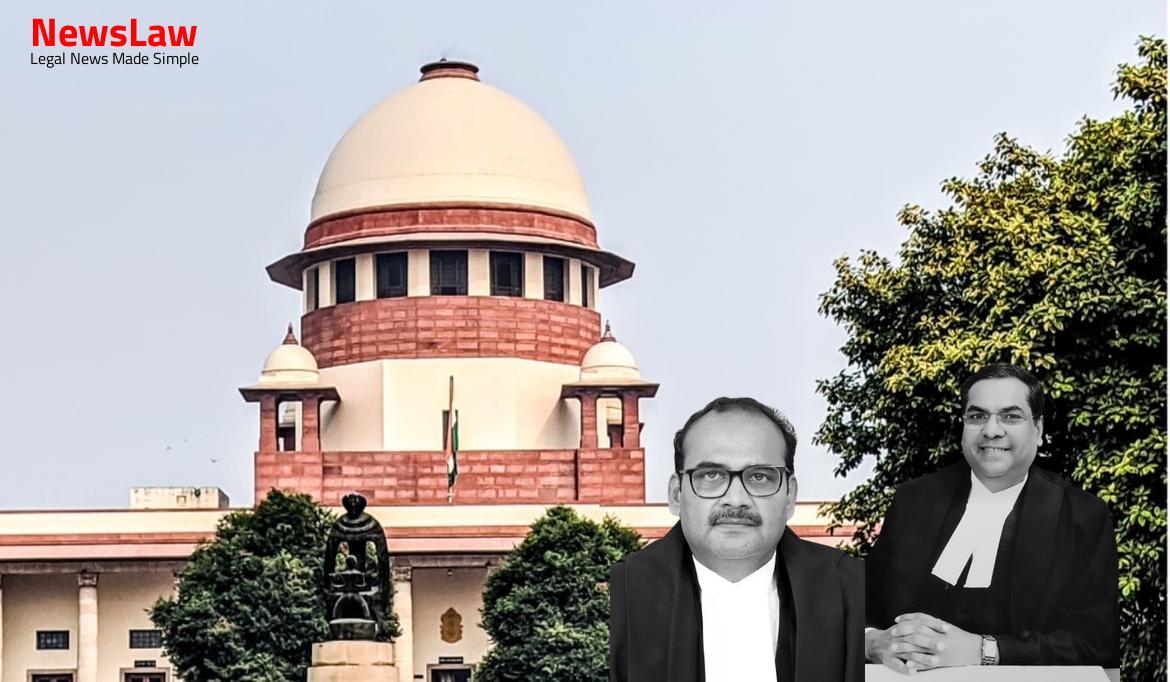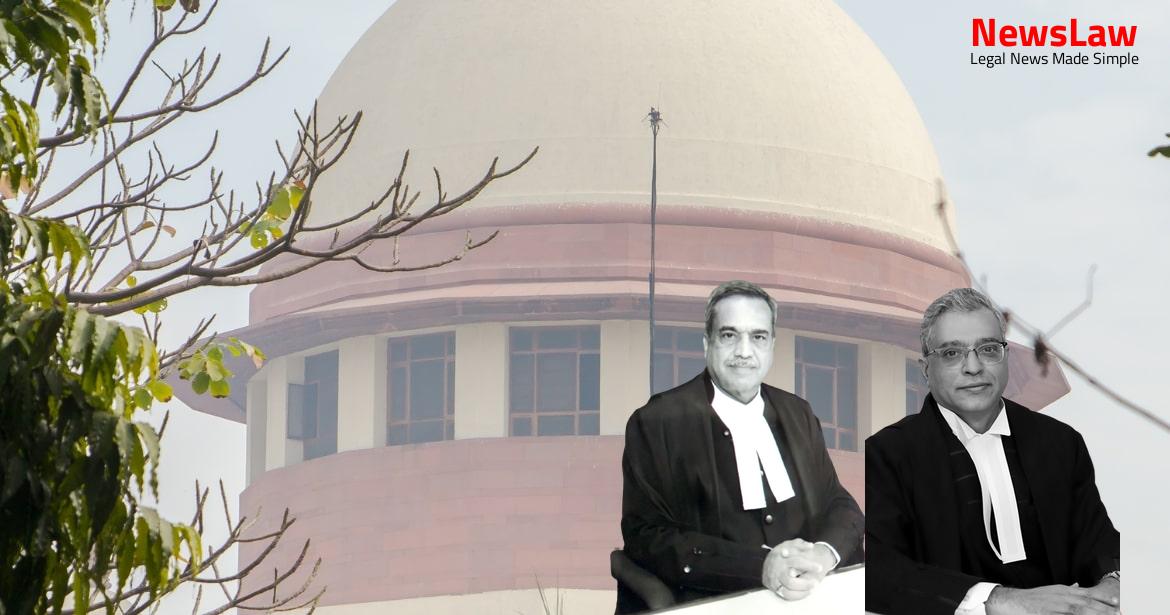The recent unified order by the High Court addresses the amendments to the Income Tax Act, specifically pertaining to reassessment notices issued post-April 2021. This order consolidates and modifies previous judgments, focusing on the legal analysis and implications of the amendments. Learn more about the safeguards and procedures in place for both taxpayers and the Revenue as the courts strive to streamline tax administration and reduce litigation.
Facts
- The present appeals pertain to the common judgment and order passed by the Allahabad High Court.
- The subject matter of the appeals revolves around the common judgment and order.
- The judgment of the Allahabad High Court is under scrutiny in the present appeals.
- Revenue need not file separate individual appeals which may be more than 9000 in numbers
- Revenue is contemplating to prefer appeals against similar judgments and orders passed by various High Courts
- Issue is common leading to multiplicity of proceedings
- Proposed to pass an order under Article 142 of the Constitution of India to govern all other judgments and orders on similar issues
Also Read: Ruling on Circumstantial Evidence in Murder Case
Analysis
- The Revenue issued notices under section 148 after the amendment was enforced in April 2021, under the unamended section 148.
- There was a genuine non-application of the amendments as officers may have been under the belief that the amendments were not yet enforced.
- High Courts have set aside all reassessment notices issued under the unamended sections 148 to 151 of the Income Tax Act, 1961.
- Substituted sections 147 to 149 and section 151 of the Income Tax Act now govern reassessment proceedings.
- The introduction of section 148A in the IT Act is significant for simplifying tax administration and reducing litigation.
- Prior to the Finance Act, 2021, reassessment proceedings were challenged on various grounds like lack of valid reasons to believe or no prior enquiry.
- An opportunity for the assessee and necessary approvals are required before issuing a notice under section 148A.
- Provisions under section 148A ensure safeguards are in place before issuing a notice under section 148 of the IT Act.
- High Courts’ judgments resulted in no reassessment proceedings, creating a need for modification.
- Modifications proposed include deeming section 148 notices as issued under section 148A, providing material to assessees, and following due procedures.
- New provisions post-Finance Act, 2021 are seen as remedial, protective of assessee’s rights, and in public interest.
- High Courts rightly extended the benefits of new provisions even to proceedings regarding past assessment years.
- Notifications were issued extending timelines under section 149 for issuance of reassessment notices under the IT Act.
- The Assessing Officer has the authority to assess or reassess income that has escaped assessment, excluding matters under appeal, reference, or revision.
- Production of account books or evidence that could have been discovered by the Assessing Officer will not necessarily count as disclosure.
- Cases where income has escaped assessment include failure to file a return, understatement of income, excessive claim of deductions, and more.
- The Assessing Officer can assess issues that come to notice during proceedings, even if not included in the recorded reasons.
- Time limits and procedures for issuing notices and conducting inquiries are outlined to ensure fairness and compliance with tax laws.
Also Read: Challenging Legal Presumptions in Negotiable Instrument Cases
Decision
- The present order modifies and substitutes the impugned judgments and orders passed by the High Court of Allahabad and various other High Courts.
- Notices issued under Section 148 of the Income Tax Act after 01.04.2021 are to be deemed issued under the amended Section 148A, treated as show-cause notices.
- The assessing officer must provide information and material to the assessees within thirty days, allowing them to respond within two weeks.
- The requirement of conducting any enquiry with prior approval is dispensed with as a one-time measure.
- All rights and contentions available to the assessees and Revenue under the Finance Act, 2021, and law continue to be available.
- The order is applicable PAN India and overrides all previous judgments on the issue of notices issued after 01.04.2021 under Section 148 of the Act, allowing the present order to govern.
Also Read: Legal Analysis Critique in High Court’s Quashing Order
Case Title: UNION OF INDIA Vs. ASHISH AGARWAL (2022 INSC 510)
Case Number: C.A. No.-003005-003005 / 2022



